
Find Help
More Items From Ergsy search
-
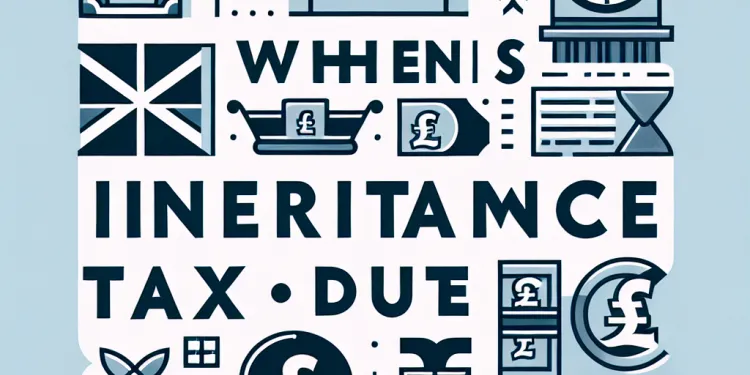
When is inheritance tax due to be paid?
Relevance: 100%
-
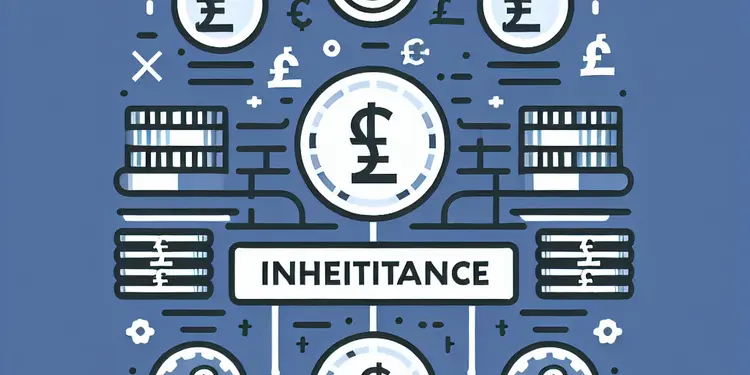
Can Inheritance Tax be paid in installments?
Relevance: 98%
-

What happens if inheritance tax is not paid?
Relevance: 97%
-

What happens if Inheritance Tax is not paid on time?
Relevance: 93%
-
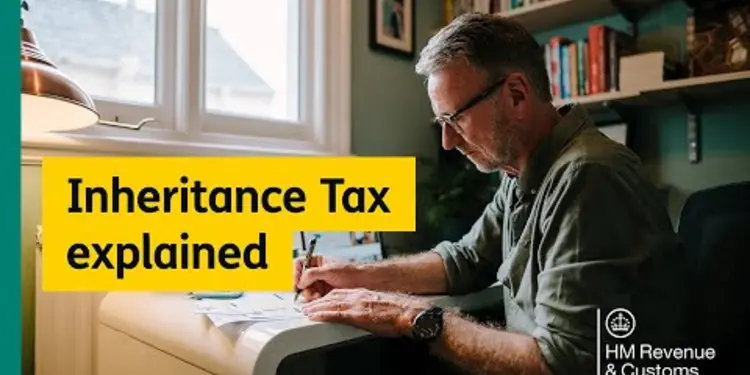
What is Inheritance Tax?
Relevance: 80%
-

What is inheritance tax in the UK?
Relevance: 79%
-

What is inheritance tax?
Relevance: 79%
-

When is inheritance tax due?
Relevance: 78%
-

Who pays the inheritance tax?
Relevance: 78%
-
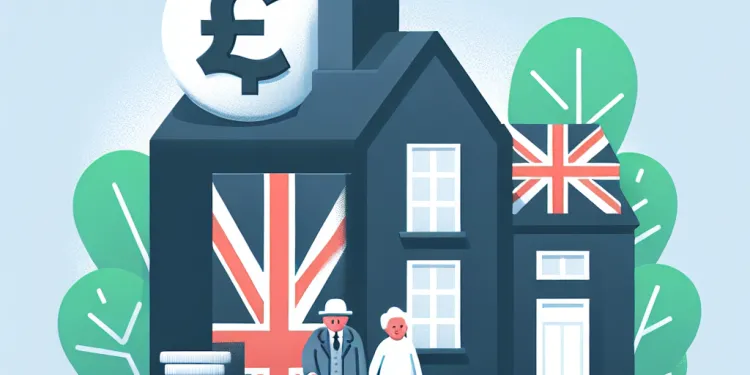
What is inheritance tax in the UK?
Relevance: 77%
-

What is the process for paying inheritance tax?
Relevance: 77%
-

Is there a difference between inheritance tax and estate tax?
Relevance: 76%
-

Who is responsible for paying Inheritance Tax?
Relevance: 75%
-
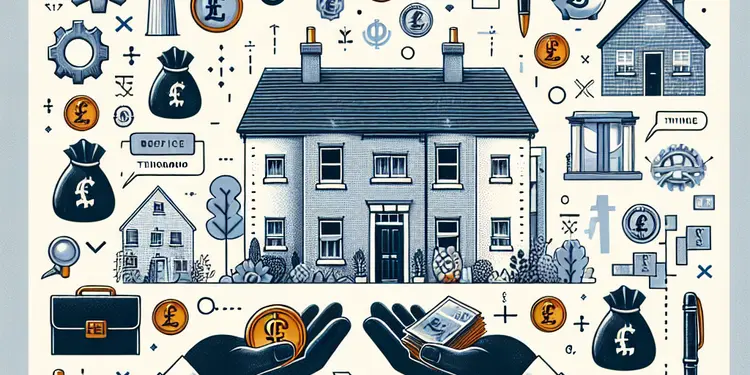
Do I pay Inheritance Tax on a property I inherit?
Relevance: 73%
-

When do I need to pay Inheritance Tax?
Relevance: 73%
-
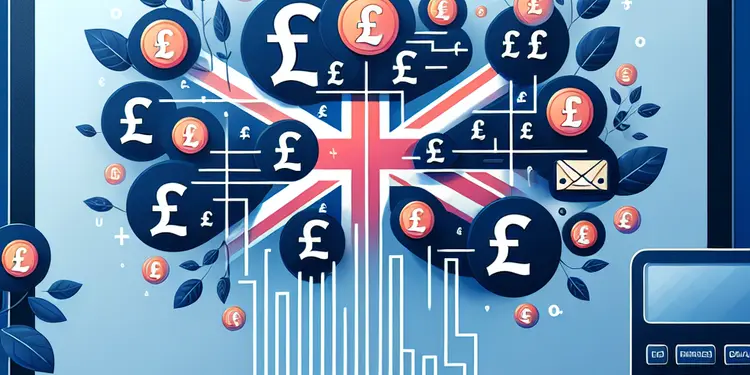
How is the Inheritance Tax bill calculated?
Relevance: 73%
-

What is Inheritance Tax?
Relevance: 72%
-

What assets are subject to inheritance tax?
Relevance: 71%
-

How is inheritance tax calculated?
Relevance: 70%
-
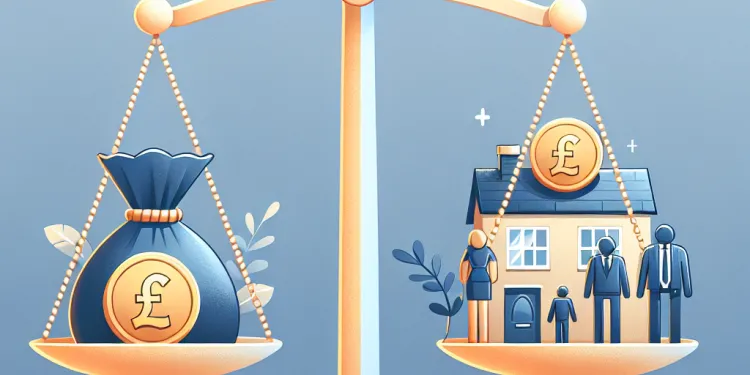
Do unpaid tax debts affect Inheritance Tax calculations?
Relevance: 70%
-

Are there deductions available for inheritance tax?
Relevance: 68%
-
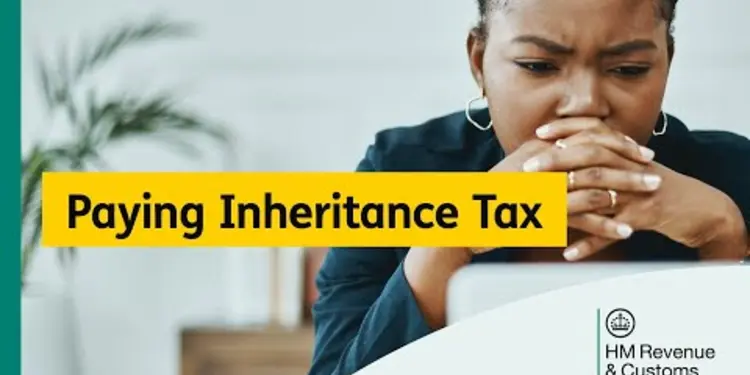
How and when do I pay Inheritance Tax when someone has died?
Relevance: 67%
-
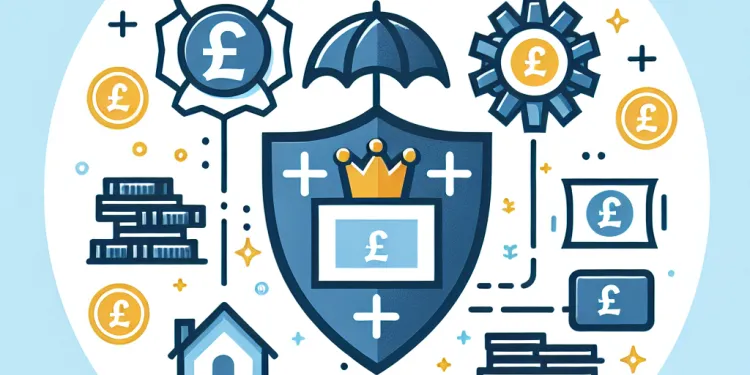
How is Inheritance Tax (IHT) dealt with after death?
Relevance: 67%
-
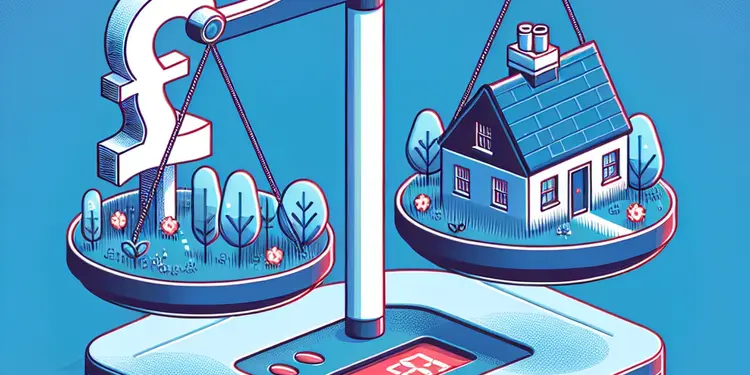
Do all beneficiaries pay the same inheritance tax rate?
Relevance: 67%
-

Can Inheritance Tax be claimed back?
Relevance: 67%
-

Does inheritance tax vary by state or region?
Relevance: 66%
-

Can inheritance tax be deferred?
Relevance: 65%
-

What taxes need to be paid from the deceased’s estate?
Relevance: 64%
-

Are there tax-free thresholds for inheritance tax?
Relevance: 63%
-
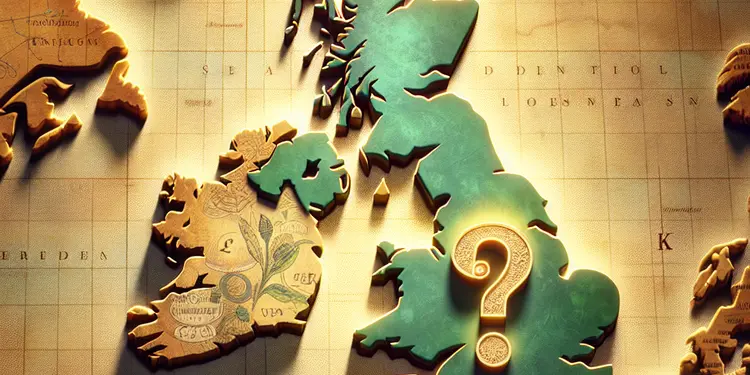
Which countries impose inheritance tax?
Relevance: 62%
-

Can an inheritance tax bill be challenged or appealed?
Relevance: 62%
-

Does owning property abroad affect UK inheritance tax?
Relevance: 61%
-

Do spouses have to pay inheritance tax?
Relevance: 61%
-

Are there professional advisors for inheritance tax planning?
Relevance: 61%
-
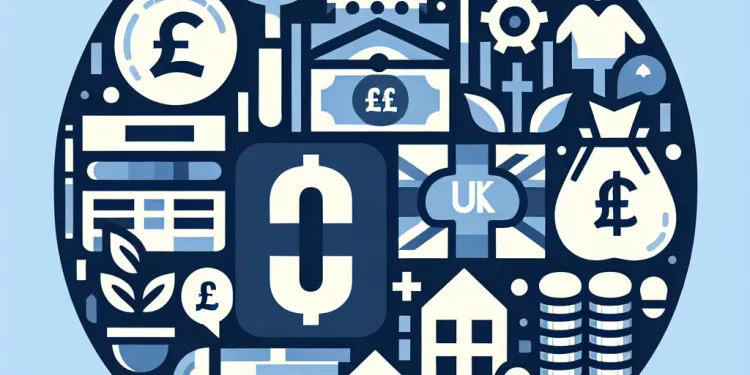
How does inheritance tax affect non-UK domiciled individuals?
Relevance: 61%
-

Are life insurance payouts subject to Inheritance Tax?
Relevance: 60%
-
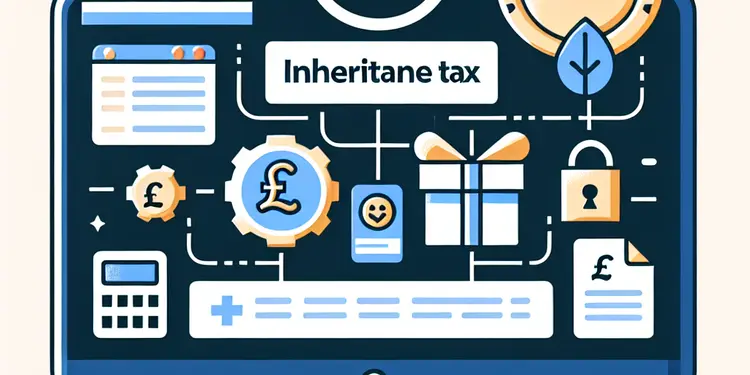
How does inheritance tax affect life insurance policies?
Relevance: 60%
-

Are there any exemptions from inheritance tax?
Relevance: 60%
-
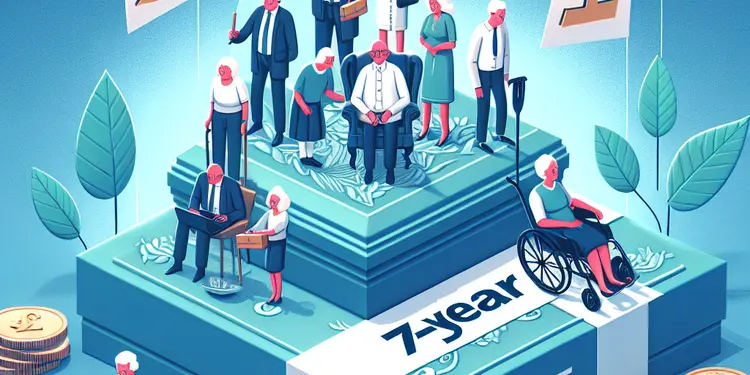
What is the '7-year rule' in Inheritance Tax?
Relevance: 59%
-

What forms do I need to complete for Inheritance Tax?
Relevance: 59%
Understanding Inheritance Tax
Inheritance Tax (IHT) in the UK is a tax on the estate of someone who has died, which includes their property, money, and possessions. It is important for the beneficiaries of the estate and the executors of the will to be aware of when this tax is due, as there are specific rules and deadlines to meet.
When is Inheritance Tax Payable?
In general, Inheritance Tax is due within six months after the end of the month in which the person passed away. For instance, if the deceased passed on 15th April, the IHT payment is due by 31st October of the same year. If the tax is not paid by this deadline, HM Revenue and Customs (HMRC) may start charging interest on the amount owed.
Payment Options
Inheritance Tax can be paid in a lump sum or in annual installments. If the estate includes property or substantial assets, the tax on those can be paid in installments over ten years. However, interest will be charged on the outstanding amount. It’s vital to manage these payments properly to avoid accruing additional interest charges that could affect the overall estate value.
Reducing Inheritance Tax Liability
There are several exemptions and reliefs available which can reduce the estate's IHT liability. For example, each individual is entitled to a tax-free allowance called the 'nil-rate band' which is currently £325,000. Anything above this amount may be taxed at 40%. If someone wishes to leave their home to their children or grandchildren, an additional threshold known as the 'residence nil-rate band' may apply. Additionally, gifts made seven years before the deceased passes away are generally exempt from IHT.
Responsibility for Payment
Generally, the executor of the will is responsible for ensuring that the Inheritance Tax is paid. If there is no will, an administrator is assigned to manage the estate and handle IHT payments. These individuals must calculate the correct amount of tax due and ensure it is paid on time using funds from the estate.
Consequences of Non-Payment
If Inheritance Tax is not paid on time, HMRC will impose interest on the overdue amount. Continued non-payment can result in penalties, which will further increase the tax liability. To prevent complications, it is crucial for executors to prioritize this responsibility and seek professional financial advice if necessary.
Conclusion
Understanding when and how to pay Inheritance Tax is crucial for those handling a deceased person's estate. Early preparation and understanding the rules surrounding IHT can save time and reduce financial burdens for beneficiaries. Executors should ensure that taxes are paid promptly to avoid interest and penalties, thereby safeguarding the estate's value for its beneficiaries.
Understanding Inheritance Tax
Inheritance Tax is a tax on what someone leaves behind when they die. This includes their house, money, and things. In the UK, it is important for those who get the belongings and those who handle the will to know when this tax needs to be paid. There are rules and deadlines to follow.
When is Inheritance Tax Payable?
You usually have to pay Inheritance Tax within six months after the month the person died. For example, if someone dies on 15th April, the tax should be paid by 31st October that year. If not paid by then, interest might be added to what is owed.
Payment Options
You can pay all the Inheritance Tax at once or in parts every year. If there is a house or big assets, you can pay the tax over ten years. But remember, interest is added to the amount still owed. It's important to pay on time to avoid extra costs.
Reducing Inheritance Tax Liability
There are ways to lower the amount of Inheritance Tax. Every person can have £325,000 that won't be taxed. If what they leave is more than this, it can be taxed at 40%. If you leave your house to your kids or grandkids, there might be more money that won’t be taxed. Gifts given seven years before dying might not be taxed either.
Responsibility for Payment
The person who handles the will, called the executor, must make sure the Inheritance Tax is paid. If no will exists, someone called an administrator will do it. They must figure out how much tax to pay and ensure it is paid on time using money from the estate.
Consequences of Non-Payment
If Inheritance Tax isn't paid on time, extra interest is added to what is owed. Not paying can also lead to penalties, making the tax bigger. It's important for those in charge to pay the tax quickly and get help if needed.
Conclusion
Knowing when and how to pay Inheritance Tax is important when dealing with what someone has left behind. Getting ready early and understanding the rules can save time and help those who receive the belongings. Executors should pay the taxes on time to prevent extra costs and protect the value of what is left behind.
Frequently Asked Questions
What is inheritance tax?
Inheritance tax is a tax on the estate (property, money, and possessions) of someone who has died.
When is inheritance tax due to be paid?
Inheritance tax usually needs to be paid by the end of the sixth month after the person has died.
How is the deadline for paying inheritance tax calculated?
The deadline is based on the end of the sixth month after the death month. For example, if the person died in January, the tax is due by July 31.
Can inheritance tax be paid in installments?
Yes, in certain circumstances, inheritance tax can be paid in installments, usually over 10 years. This is typically for inheritance involving assets like property.
What happens if inheritance tax is not paid on time?
If inheritance tax is not paid by the deadline, interest will be charged on the amount due from the due date until payment.
Who is responsible for paying inheritance tax?
The executor or administrator of the estate is responsible for ensuring that inheritance tax is paid.
Is there any relief available for inheritance tax?
Yes, there are various reliefs such as Business Relief, Agricultural Relief, and others that may reduce the amount of inheritance tax due.
How does the nil-rate band affect inheritance tax?
The nil-rate band is an amount up to which no inheritance tax is payable. As of the latest limits, it is £325,000, but this figure can increase with available allowances.
Does every estate need to pay inheritance tax?
No, not every estate will have to pay inheritance tax. It depends on the value of the estate and the available allowances and reliefs.
Can I pay inheritance tax before probate is granted?
Yes, some parts of the inheritance tax can be paid before probate is granted, especially to avoid interest on unpaid tax.
How do I pay inheritance tax?
Inheritance tax can be paid from the estate’s assets, by bank transfer, or by using National Savings and Investments certificates.
Are there penalties for incorrect or late inheritance tax payments?
Yes, penalties can be applied for late payment or inaccurate calculations in the inheritance tax return.
What documents are needed to calculate and pay inheritance tax?
Documents typically include valuations of property and assets, any debts owed, and any gifts given by the deceased in the last seven years.
What is a gift and how does it relate to inheritance tax?
A gift is something given away during a person’s lifetime. Gifts made within seven years before death may be liable for inheritance tax.
How is inheritance tax on lifetime gifts calculated?
If gifts were made within seven years before the person died, it may reduce the nil rate band available against the estate.
What is the residence nil-rate band?
The residence nil-rate band is an additional allowance for passing on a home to direct descendants, which can increase the threshold before inheritance tax is due.
Where can I get help with paying inheritance tax?
You can consult a financial advisor, solicitor, or a tax advisor, or contact HM Revenue and Customs (HMRC) for guidance.
Does inheritance tax apply to life insurance policies?
Life insurance payouts can be included in the estate for inheritance tax purposes if the policy was not written in a trust.
Can inheritance tax affect property sales from the estate?
Yes, if property is part of the estate, its sale might need to cover parts of the inheritance tax due.
Does inheritance tax apply to charitable donations?
No, gifts left to charities in a will are usually exempt from inheritance tax.
What is inheritance tax?
When someone dies and leaves money or things to other people, there might be a tax. This tax is called inheritance tax. It's like a bill that has to be paid before the person’s things can be given out.
If you want help to understand this, you can:
- Ask someone to explain it to you.
- Use apps that read out loud to you.
- Watch videos about money and taxes.
Inheritance tax is money you pay on things like houses, money, and belongings when someone dies.
When do you have to pay inheritance tax?
You need to pay inheritance tax before the end of the sixth month after the person has died.
How Do You Work Out When to Pay Inheritance Tax?
Here is how you can find out when you need to pay inheritance tax:
- First, find the date when the person passed away.
- You usually have 6 months from this date to pay the tax.
- If the person died on January 1, you need to pay the tax by July 1.
Helpful tips:
- Use a calendar to mark the deadline.
- Ask a friend or a family member to help if you are not sure.
The deadline is when six months have passed after the person died. For example, if the person died in January, the tax must be paid by July 31.
Can you pay inheritance tax bit by bit?
Yes, sometimes you can pay inheritance tax in smaller amounts over time. You usually do this over 10 years. This is often for things like houses or land.
What if you don't pay inheritance tax on time?
If you don't pay the inheritance tax by the due date, you might have to pay extra money. This extra money is called a "penalty." It's like a fine for being late.
You might also have to pay interest, which means you pay more money for each day the tax is late.
Make sure to pay on time to avoid paying more money.
If you find it hard to understand, you can ask someone to help. You could use tools like a calendar to remind you about the due date.
If you do not pay the inheritance tax on time, you will have to pay extra money because of interest. This extra money will keep adding up until you pay what you owe.
Who pays the inheritance tax?
When someone dies, they might leave money or things for their family. This is called an inheritance.
The inheritance tax is the money that must be paid to the government on that inheritance.
The person who gets the things or money usually does not pay the tax.
Most of the time, the person in charge of the will or estate pays the tax. This person is called the executor.
If you find this confusing, you can ask a grown-up or a lawyer to help you understand.
The person in charge of looking after money and things after someone dies has to make sure that the money owed to the government is paid.
Can you get help to pay less inheritance tax?
Yes, there are different ways to pay less inheritance tax. Some examples are Business Relief and Agricultural Relief. These can help you pay less tax.
What is the nil-rate band and how does it change inheritance tax?
The nil-rate band is a set amount of money that you do not have to pay tax on when someone dies.
Here is how it works:
- If the money from someone who died is less than this amount, you do not pay any tax.
- If the money is more, you only pay tax on the extra money.
This helps to make sure you do not pay too much tax when you inherit money or things from someone who has passed away.
You can use tools like a calculator to work out how much tax to pay.
The nil-rate band is an amount of money that is not taxed when someone dies. Right now, this amount is £325,000. This amount can be bigger if there are extra allowances.
Do all people have to pay money when someone dies?
When someone dies, their money and things are called an 'estate.'
Not everyone has to pay money to the government when they die. It depends on how much their estate is worth.
If the estate is small, you usually don't need to pay. If it's big, you might have to pay some money.
There are tools and helpers that can make this easier to understand. You can ask someone you trust to help explain it to you.
Not every person has to pay inheritance tax. It depends on how much the person's things and money are worth. It also depends on special rules that help some people pay less tax.
Can I pay inheritance tax before I get probate?
Yes, you can pay some of the inheritance tax before probate is given. This helps to stop extra charges on unpaid tax.
How do I pay inheritance tax?
Inheritance tax is money you pay when someone dies, and you get their things or money.
If you need to pay, here is what to do:
- Look at the UK government's website. It tells you how much to pay and when.
- You can use a bank to pay. They can help you send the money.
- You can pay by phone or online too.
Ask someone you trust to help, like a family member.
You can pay the inheritance tax in a few ways.
You can pay it using money from the person who passed away.
You can also pay by bank transfer or use National Savings certificates.
Tools like a calculator can help with counting money.
Asking someone you trust for help is a good idea too.
What happens if you pay inheritance tax late or get it wrong?
If you pay inheritance tax after the deadline, you might have to pay extra money, called a penalty. The same might happen if you make a mistake in the tax payment.
If you need help, use a calendar or set reminders to pay on time. You can also ask a friend or an expert for advice to avoid mistakes. This will help you pay the right amount and avoid penalties.
If you pay late or make mistakes in your inheritance tax forms, you might have to pay a penalty.
What papers do you need to work out and pay inheritance tax?
Documents usually have how much things are worth. This can be houses, cars, or other stuff. They also show any money the person owed to others. If the person gave presents or money in the last seven years, it will be in the documents, too.
Here are some tools that might help:
- Visual Aids: Use pictures to show things like property or money.
- Highlighters: Use different colors to mark important words.
- Read Aloud: Have someone read the text out loud.
- Summary Cards: Use small cards to write short notes about key points.
What is a gift and how does it relate to inheritance tax?
A gift is something you give to someone else. It can be money or an item.
Inheritance tax is a tax you might pay when someone dies and you receive money or things from them.
Sometimes, if you give a gift to someone, it might affect how much inheritance tax is paid later.
Using a calendar to track when you give gifts can help you. Asking an adult or using online resources to learn more can also be helpful.
A gift is something you give to someone else while you are still alive. If you give a gift and you pass away within seven years of giving it, the gift might have to be taxed.
How do we figure out the tax on gifts given before someone dies?
If someone gave gifts less than seven years before they died, it might change the amount of tax that doesn’t need to be paid on the things they left behind.
What is the Residence Nil-Rate Band?
The "Residence Nil-Rate Band" is a special rule that helps people pay less tax when they pass on their home to family, like children or grandchildren. This means you can keep more of your money to give to your family.
To make things easier, you can use tools like calculators to see how much tax you might save. Also, asking for help from someone who knows about taxes can be a good idea. They can explain things step by step.
The residence nil-rate band is extra money that lets you pass your house to your children or grandchildren. This means you can give more before you have to pay inheritance tax.
Here are some helpful ideas:
- Use a dictionary to understand hard words.
- Ask someone you trust to explain things you don't get.
Who can help me pay inheritance tax?
You can talk to a money expert, a lawyer, or a tax helper. You can also talk to HM Revenue and Customs (HMRC) for help.
Do you have to pay tax on life insurance money someone leaves you?
When a person passes away, their life insurance money might be counted as part of their things (estate) that are inherited and could be taxed. This happens if the life insurance policy was not set up in a special way called a 'trust.'
To make it easier, you can ask an adult to help you check if your policy is in a trust. If you have trouble understanding, you can use tools like a dictionary or ask someone to explain big words.
Does inheritance tax change how property is sold when someone dies?
When a person dies, they leave behind things they own, called an estate. This can include a house or other property. Sometimes, when these things are given to others, there is a tax called inheritance tax. This tax might change how the property is sold. You might have to pay some money to the government before you can sell the property.
If this seems tricky, you can ask someone you trust, like a family member or a friend, for help. You can also talk to a financial advisor for more information.
Yes, if a house or land is part of what someone leaves behind when they pass away, selling it might be needed to pay the inheritance tax.
Do I have to pay tax if I give money to charity when someone dies?
No, when you leave gifts to charities in a will, they do not usually have to pay inheritance tax.
Useful Links
Have you found an error, or do you have a link or some information you would like to share? Please let us know using the form below.
-->
This website offers general information and is not a substitute for professional advice.
Always seek guidance from qualified professionals.
If you have any medical concerns or need urgent help, contact a healthcare professional or emergency services immediately.
Some of this content was generated with AI assistance. We’ve done our best to keep it accurate, helpful, and human-friendly.
- Ergsy carfully checks the information in the videos we provide here.
- Videos shown by Youtube after a video has completed, have NOT been reviewed by ERGSY.
- To view, click the arrow in centre of video.
- Most of the videos you find here will have subtitles and/or closed captions available.
- You may need to turn these on, and choose your preferred language.
- Go to the video you'd like to watch.
- If closed captions (CC) are available, settings will be visible on the bottom right of the video player.
- To turn on Captions, click settings .
- To turn off Captions, click settings again.
More Items From Ergsy search
-

When is inheritance tax due to be paid?
Relevance: 100%
-

Can Inheritance Tax be paid in installments?
Relevance: 98%
-

What happens if inheritance tax is not paid?
Relevance: 97%
-

What happens if Inheritance Tax is not paid on time?
Relevance: 93%
-

What is Inheritance Tax?
Relevance: 80%
-

What is inheritance tax in the UK?
Relevance: 79%
-

What is inheritance tax?
Relevance: 79%
-

When is inheritance tax due?
Relevance: 78%
-

Who pays the inheritance tax?
Relevance: 78%
-

What is inheritance tax in the UK?
Relevance: 77%
-

What is the process for paying inheritance tax?
Relevance: 77%
-

Is there a difference between inheritance tax and estate tax?
Relevance: 76%
-

Who is responsible for paying Inheritance Tax?
Relevance: 75%
-

Do I pay Inheritance Tax on a property I inherit?
Relevance: 73%
-

When do I need to pay Inheritance Tax?
Relevance: 73%
-

How is the Inheritance Tax bill calculated?
Relevance: 73%
-

What is Inheritance Tax?
Relevance: 72%
-

What assets are subject to inheritance tax?
Relevance: 71%
-

How is inheritance tax calculated?
Relevance: 70%
-

Do unpaid tax debts affect Inheritance Tax calculations?
Relevance: 70%
-

Are there deductions available for inheritance tax?
Relevance: 68%
-

How and when do I pay Inheritance Tax when someone has died?
Relevance: 67%
-

How is Inheritance Tax (IHT) dealt with after death?
Relevance: 67%
-

Do all beneficiaries pay the same inheritance tax rate?
Relevance: 67%
-

Can Inheritance Tax be claimed back?
Relevance: 67%
-

Does inheritance tax vary by state or region?
Relevance: 66%
-

Can inheritance tax be deferred?
Relevance: 65%
-

What taxes need to be paid from the deceased’s estate?
Relevance: 64%
-

Are there tax-free thresholds for inheritance tax?
Relevance: 63%
-

Which countries impose inheritance tax?
Relevance: 62%
-

Can an inheritance tax bill be challenged or appealed?
Relevance: 62%
-

Does owning property abroad affect UK inheritance tax?
Relevance: 61%
-

Do spouses have to pay inheritance tax?
Relevance: 61%
-

Are there professional advisors for inheritance tax planning?
Relevance: 61%
-

How does inheritance tax affect non-UK domiciled individuals?
Relevance: 61%
-

Are life insurance payouts subject to Inheritance Tax?
Relevance: 60%
-

How does inheritance tax affect life insurance policies?
Relevance: 60%
-

Are there any exemptions from inheritance tax?
Relevance: 60%
-

What is the '7-year rule' in Inheritance Tax?
Relevance: 59%
-

What forms do I need to complete for Inheritance Tax?
Relevance: 59%


